Webinar Series on ICTs and Disability Inclusion
by Admin
Posted on October 5, 2021
Join us in digesting the extent to which information and communication technologies (ICTs) can enable and accelerate the social and economic inclusion of persons with disabilities in Uganda.
The International Telecommunication Union (ITU) estimated in 2017 that there were almost 3 billion Internet users around the world – two-thirds of them coming from the developing world, and the number of mobile-broadband subscriptions had reached 2.3 billion globally.
A 2013 synthesis report of the ICT Consultation in support of the High-Level Meeting on Disability and Development of the sixty-eighth session of the United Nations General Assembly showed that removing barriers to accessing ICTs by persons with disabilities is of paramount importance.
There are over one billion persons with disabilities around the world, 80% of whom live in developing countries. The inclusion of persons with disabilities in all aspects of society is one of the remaining challenges of the global development agenda. Despite the expression of commitment by countries and stakeholders to achieve full inclusion through domesticating and implementing the United Nations Convention on the Rights of Persons with Disabilities, access to and use of ICTs by persons with disabilities is still a major challenge.
In developing countries including Uganda, digital inequality is partly caused by pre-existing structural inequalities, such as lack of access to quality education, and poverty among persons with disabilities.
Grassroots Strategies Africa and Dasuns have, therefore, launched a 3-part webinar series on ICTs and disability inclusion, with an overall aim of generating actionable recommendations for stakeholders to improve access and use of ICTs for persons with disabilities. To attend these sessions, please register here.
Friday, 8th October 2021: Part 1 – Where are the Gaps?
This session will focus on identifying the gaps and challenges hindering access and use of ICTs by persons with disabilities. The panelists in this session will include Ashar Namatovu of Naffe Tusobola Foundation, Shamim Nampijja of National Union of Women with Disabilities of Uganda (NUWODU), Gorretti Byomire of Makerere University Business School (MUBS), and Ronald Kasule of Diversity Ability Support Network Systems (Dasuns). Complete bios of the speakers can be found below.
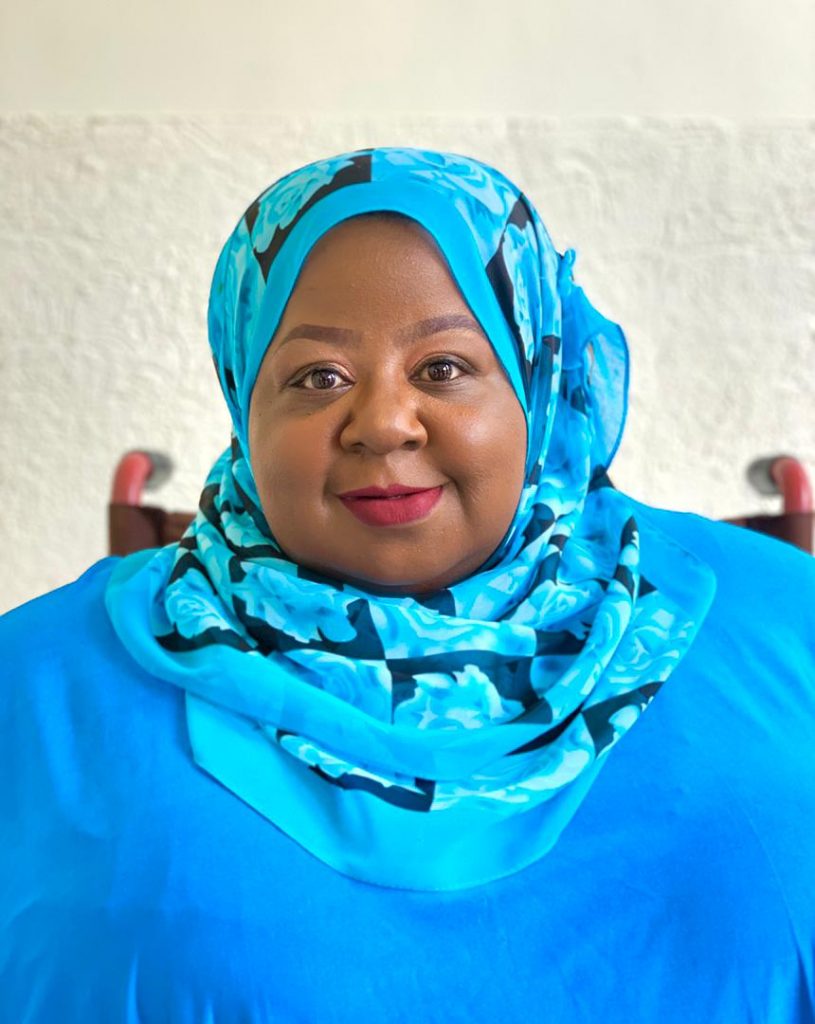
Ashar is a dwarfism awareness and accessibility advocate. She is the Founding Director of Naffe Tusobola Foundation, an indigenous organisation for little persons established in 2021 envisioning a society where little people live to their full potential and thriving in both their personal and community life. She is also the vice chairperson of the Board of Directors of the Foundation of Persons affected by Dwarfism in Uganda.
Ashar holds a BSc. Degree in Quantitative Economics from Makerere University, and a certificate in Transformational Leadership from the Institute for National Transformation (INT). She is a double certified Accountant (ACCA, CPA(U)), and has over 14 years of experience in the transport sector in a management role. She is also a business consultant.
She is a 2020 alumnus of the virtual Professional Fellow Program on Inclusive Disability Employment. As a change maker, Ashar just concluded a two-months webinar series on the impact of covid-19 and subsequent lockdowns on Ugandans with disabilities. Ashar believes that we all have a role to play in the transformation of our homes, communities, and nations.
Shamim Nampijja is an Information Technology Assistant working with National Union of Women with Disabilities of Uganda. Shamim is also a gender and disability rights activist with special interest in digital rights and digital inclusion for persons with disabilities.
She has spoken at national and international conferences that include the Internet Governance Forum and Rights Conference.
Shamim holds a BSc. In Information Technology from Makerere University, and a Postgraduate Diploma in International Gender Studies from the University of Iceland.
Passionate about gender and disability rights, Shamim regularly tells stories of women and girls with disabilities through her personal blog—the Disability Lane—to empower them utilise their full potential in an inclusive society.
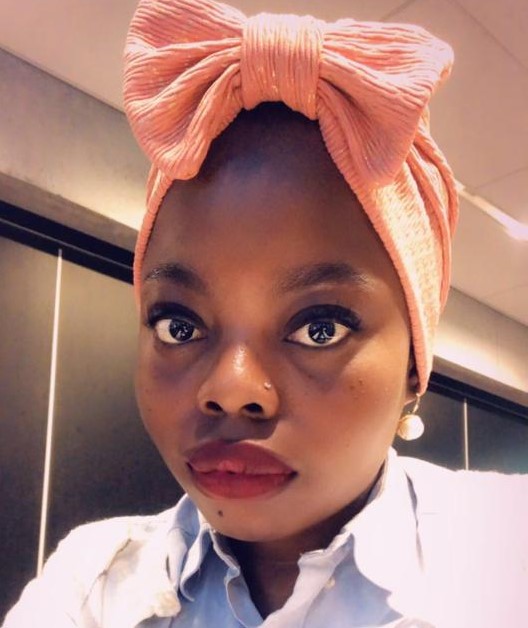
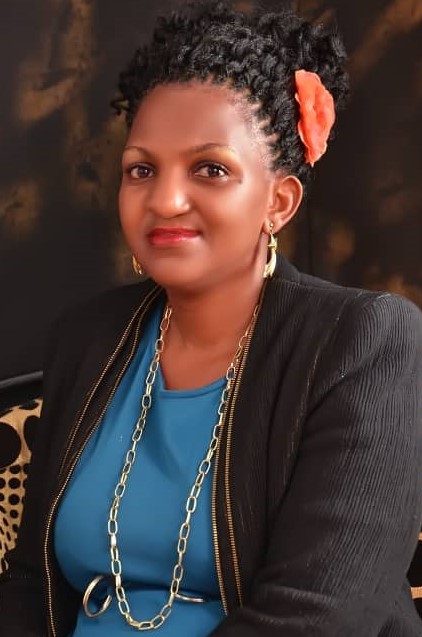
Gorretti is a disability inclusion advocate and a lecturer at the Faculty of Computing and Informatics at Makerere University Business School (MUBS). She is also the Director of the MUBS Disability Resource & Learning Center, working to remove barriers that hinder students and staff from fulfilling their potential. Gorretti is a researcher with a bias on disability and technology.
She is a member of the Commonwealth Disabled People’s Forum, the Inclusive Education Initiative Group of the World Bank, and the Mandela Washington Fellowship Disability Inclusion Working Group.
She is a 2021 recipient of the Mandela Washington Fellowship and an alumnus of the 2018 Young African Leaders Initiative (YALI).
Gorretti is a Ph.D. candidate at University of South Africa.
Ronald holds a MA in Educational Planning, Economics and International Development from the UCL Institute of Education, United Kingdom; a degree in Adult and Community Education from Makerere University, Uganda; a Diploma in Community Based Rehabilitation from Kyambogo University, Uganda; with further professional development trainings in Sustainable Development and Global Justice from the University of Antwerp, Belgium; and Social Protection and Inclusion of Persons with Disabilities from the University of Applied Sciences of Bon Rhein Sieg, Germany.
Ronald has worked with organizations of persons with disabilities (OPDs) but also with mainstream entities to promote social inclusion. He is working as a programme Fellow with the IDA Global Survey team to monitor the participation of the Organisations of Persons with Disabilities in Development Policies and Programmes.
He is an alumnus of the Spring 2018 Professional Fellows Program on Inclusive Disability Employment. Ronald further completed Bridge CRPD-SDGs training that aimed to build capacity of disability rights advocates across the world to advocate for their rights and accelerate changes in their respective communities, countries, and regions by developing inclusive and comprehensive CRPD perspectives on development, including the post-2015 agenda and Sustainable Development Goals (SDGs).
Ronald was a speaker at the 2nd Inclusive Africa Conference on promoting the advancement of digital accessibility and computer assistive technology in Africa.
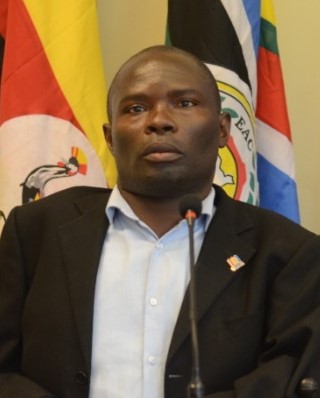
Friday, 15th October 2021: Part 2 – Leveraging Opportunities for Persons with Disabilities through ICTs
This session will focus on identifying solutions to the gaps and challenges hindering access and use of ICTs by persons with disabilities. Focus will be on generating practical recommendations for different stakeholders, and identifying avenues through which persons with disabilities can use ICTs to access educational, employment, leadership, and other opportunities.
Panelists in this session will include Sarah Wang’ombe, a social inclusion expert from Kenya, Brian Malika, the Founder of One More Percent, Maureen Kalungi, a program officer at Disabled Women in Development, and Emmanuel Semutenga from Kampabits. Detailed bios of the panelists are provided below:
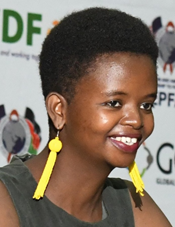
Sarah Wang’ombe is a Social Inclusion Expert with over 8 years’ experience working in humanitarian and development programs. Most recently, Sarah was a Program Officer at Sightsavers International Kenya, an INGO that promotes equality for individuals with visual impairments and other disabilities. While there, she supported Sightsavers International’s efforts to increase inclusive employment among Kenyan businesses and played a key role in facilitating piloting of inclusive skills training solutions for people with disabilities including leading the establishment of an IT training academy for people with disabilities. She was instrumental in building partnerships with Kenya’s private sector, government labour agencies, and the local disability community.
She has been an active figure in Kenya’s disability community for several years, having worked at Humanity & Inclusion. While at HI, she supported the PFP-IDE Program’s work across East Africa. She also served as a program assistant in HI’s humanitarian work in Dadaab Refugee Camps, where she focused on disability mainstreaming through livelihood interventions including providing adaptive technology, facilitating formulation of village savings and associations, business management training and providing small businesses of people with disabilities with start-up kits.
Sarah holds an MSc in International Development from University of Portsmouth, a bachelor’s degree in Environmental Planning and Management from Kenyatta University, and post graduate certificate in Humanitarian Operations from Oxford Brookes University.
Brian Malika is a young changemaker who believes that the ambition for achieving a just and fair world for all by the year 2030 as defined by the United Nations Sustainable Development Goals is achievable when traditionally marginalized people at the grassroots level speak out their mind for a prosperous world through an open and fair media that is anchored on intellectualism.
As such, Brian Malika has founded One More Percent which is a non-profit media organization that amplifies voices of marginalised populations like people with disabilities, women in rural areas and youth living in slums among others.
Recently Brian Malika was selected to serve as a Civil Society Advisory member on digital rights with Denmark’s Tech for Democracy where he will be contributing on a policy document on Digital Rights For Civil Societies.
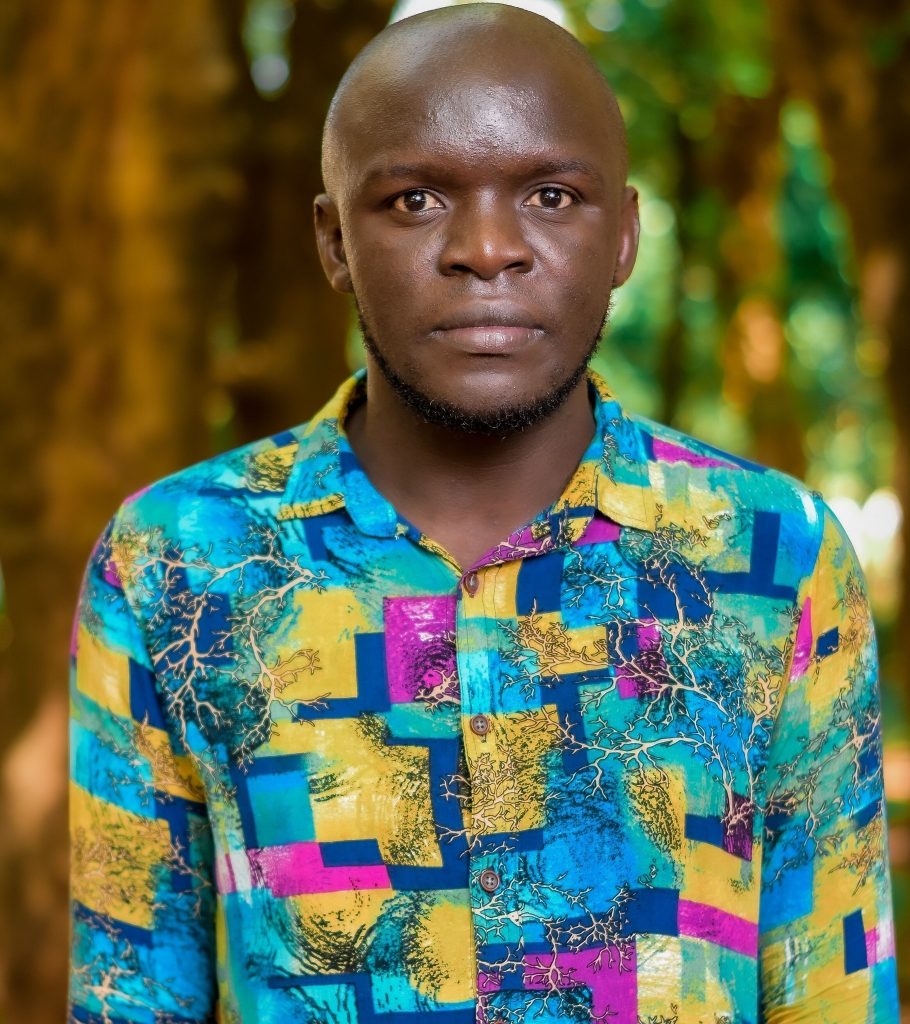
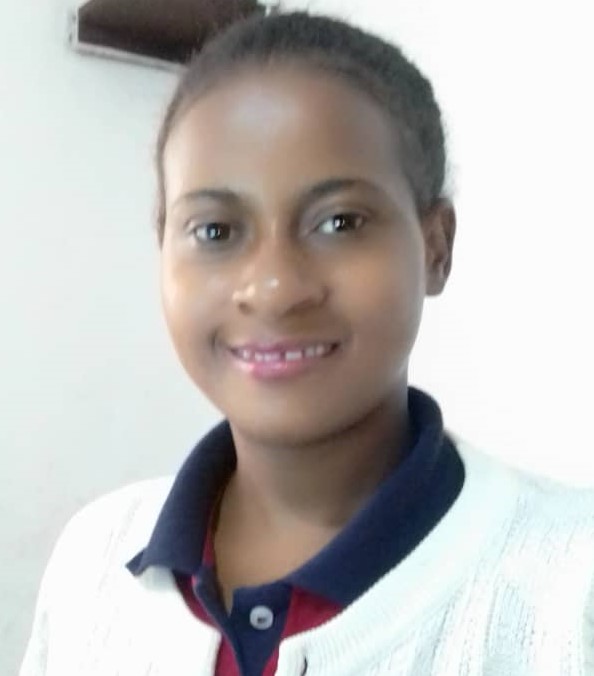
Maureen Kalungi is a program officer at Disabled Women in Development, a non-profit organization for women with disabilities. She is an activist for gender and disability inclusion.
She empowers women and girls with disabilities through sports, dance, and film making, and has represented women with disabilities in sports events at national, regional, and international levels.
Maureen holds bachelor’s degree in agriculture and rural innovation from Makerere University, a certificate in disability rights and sexuality from Creating Resources for Empowerment in Action (CREA) Institute, and recently completed a 10-days training on web designing from National Academy for Information Technology for persons with disabilities in Egypt.
Emmanuel Semutenga joined Kampabits in 2014 where he currently works as a coding instructor, trainer, and project manager. At Kampabits, he is involved in curriculum development for empowering vulnerable youth from informal settlements through both coding and graphic design skills to enable them to compete favourably for better employment opportunities.
Semutenga holds a Bachelor of Science in Computer Engineering from Makerere University. He is an alumnus of the Young African Leaders’ Initiative (YALI) Entrepreneurship track of 2018 and attended the Ninth Pan Commonwealth Forum (Scotland) in 2019.
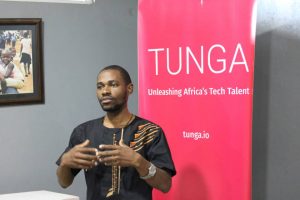
Friday, 22nd October 2021: Part 3 – Digitalizing Access to Support Services for Persons with Disabilities
This session will seek to explore alternatives to improve access to professional assistive support services by persons with disabilities through ICTs. The panelists for this session will include Ronald Kasule from Diversity Ability Supoort Network System (DASUNS) and Gwaliwa Mashaka from Employable Africa in Tanzania.
Datailed bios of the panelists can be seen below:
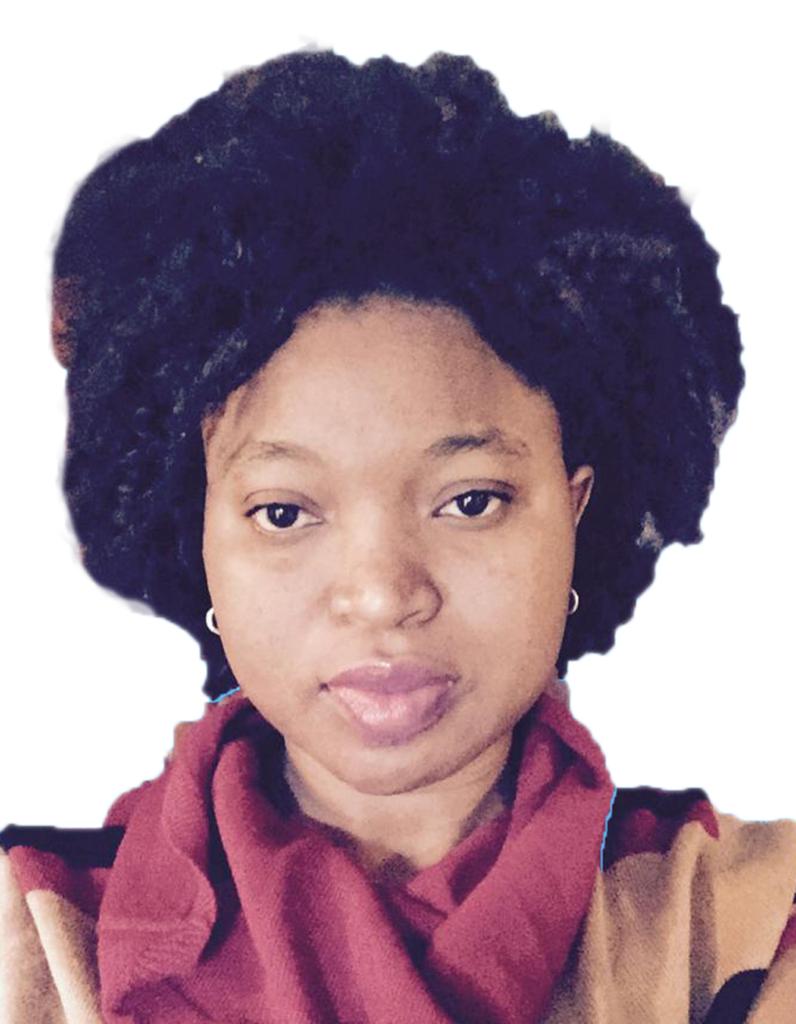
Gwaliwa is software Engineer and Data Scientist who believes firmly in the power of technology to improve the lives of young women and people with disabilities. She is the founder of Employable Africa, a social enterprise which champions economic empowerment for all through inclusive employment, and provides guidance to individuals with disabilities as they search for jobs, lists positions for employers, and offers consulting services and inclusion guidance resources for companies.
Gwaliwa is also the lead for Power Africa, a USAID-funded initiative that supports women’s empowerment and leadership in the African energy sector.
She holds a bachelor of Science in Computer Engineering and Information Technology from Dar Es Salaam University, Tanzania and a Master in Geographic Information Systems from the University of Aberdeen in United Kingdom.
She is a 2016 Mandela Washington Fellow and an alumnus of the 2018 Professional Fellows Program on Inclusive Disability Employment at Ohio State University. She is a global awardee of the 2020 Zero Project and a national awardee of the 2018 Data for Local Impact.
Ronald holds a MA in Educational Planning, Economics and International Development from the UCL Institute of Education, United Kingdom; a degree in Adult and Community Education from Makerere University, Uganda; a Diploma in Community Based Rehabilitation from Kyambogo University, Uganda; with further professional development trainings in Sustainable Development and Global Justice from the University of Antwerp, Belgium; and Social Protection and Inclusion of Persons with Disabilities from the University of Applied Sciences of Bon Rhein Sieg, Germany.
Ronald has worked with organizations of persons with disabilities (OPDs) but also with mainstream entities to promote social inclusion. He is working as a programme Fellow with the IDA Global Survey team to monitor the participation of the Organisations of Persons with Disabilities in Development Policies and Programmes.

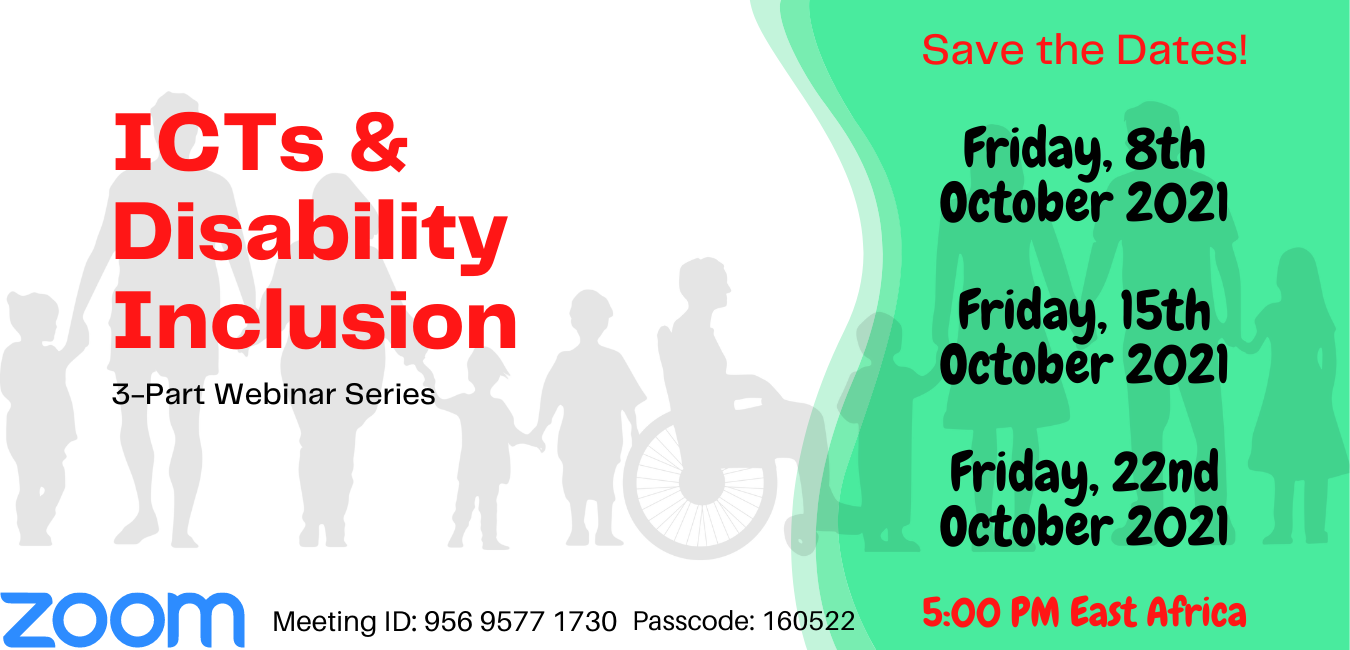
Recent Comments